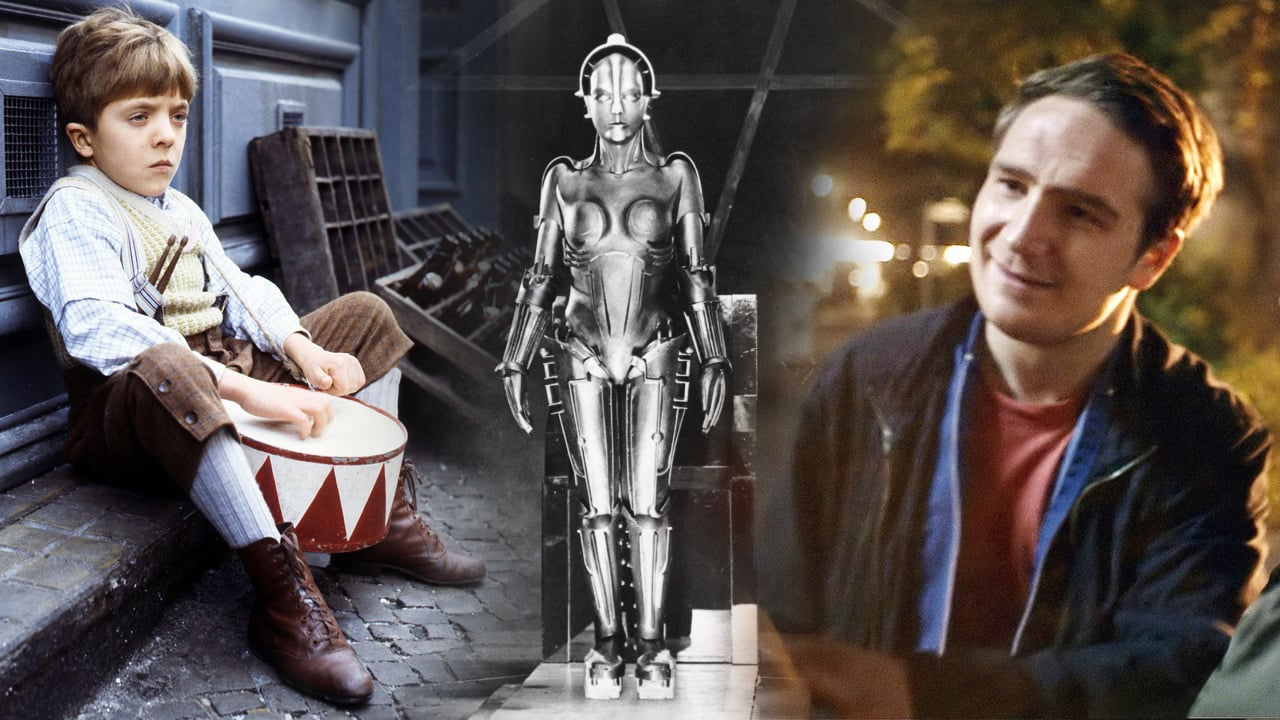German film is much better than the reputation it has in some circles. We present you the best German films in our opinion – it goes from the silent film era to Fassbinder & Co. to the one-take miracle “Victoria”.
From a historical perspective, German films had two great moments in terms of their external impact and significance for the global film community: Expressionism of the 1920s with directors such as Fritz Lang, Friedrich Wilhelm Murnau or Robert Wiene, and the 1970s, as the New German Film with fresh faces like them by Rainer Werner Fassbinder, Werner Herzog, Wim Wenders and Volker Schlöndorff conquered the world with radical art house.
But also in the decades before and after there were always pioneering, style-defining or simply fantastically made works that we have summarized in our Top 25 – also with films from the 2000s and 2010s that are young in terms of film history. The criterion for inclusion in the list is the production country Germany and German as the main filming language.
As always with leaderboards, the selection and the order are not set in stone. It’s worth watching films again, discovering things that passed you by the first time and changing leaderboards. However, each of the films in our top 25 is special and formative in its own way.
The best German films – 25th place:
The Lives of Others (2006)
Director: Florian Henckel von Donnersmarck
Actor: Ulrich Mühe, Sebastian Koch, Martina Gedeck
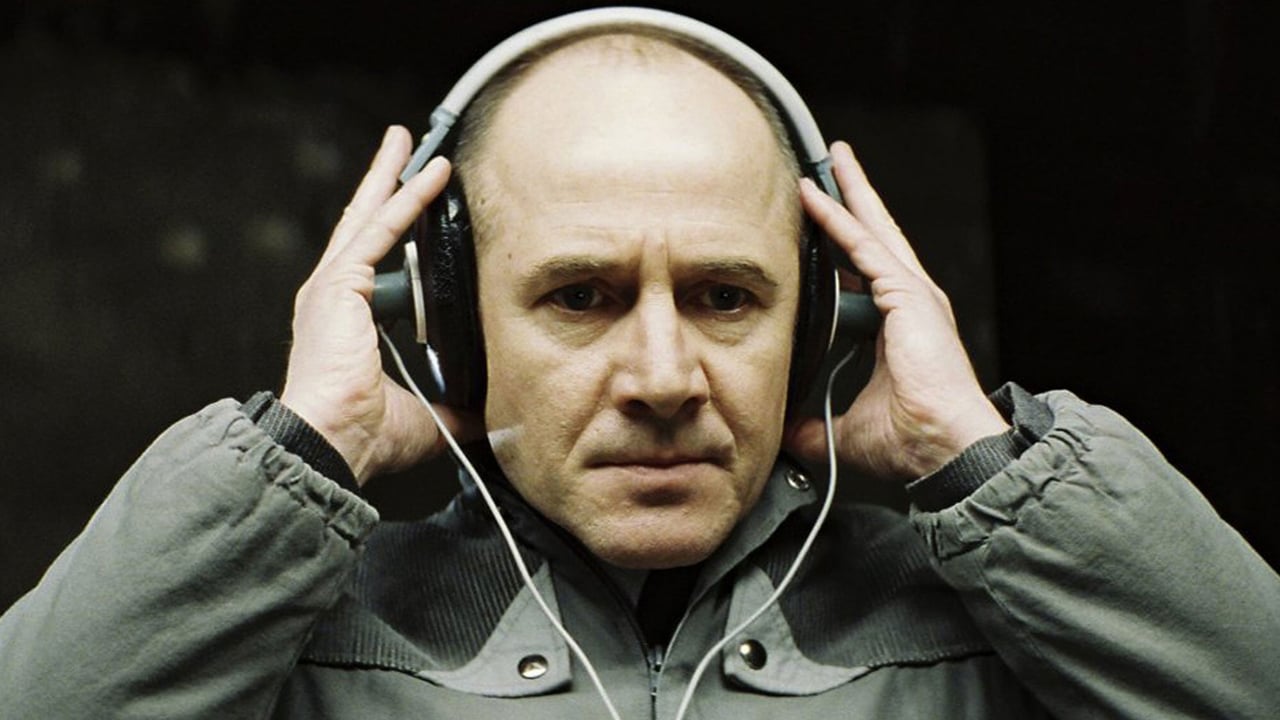
Buena Vista International Film Production
–
What “Der Untergang” and “Sophie Scholl – The Last Days” were denied in 2005 and 2006, Florian Henckel von Donnersmarck achieved in 2007 with “The Lives of Others”. Sonnenallee ”or“ Good Bye, Lenin! ”, Wins the Oscar in the“ Best Foreign Language Film ”category. That’s what it’s all about: Stasi captain Gerd Wiesler (Ulrich Mühe) is assigned to the playwright Georg Dreyman (Sebastian Koch) and his partner Christa-Maria Sieland (Martina Gedeck) in East Berlin in the 80s and is supposed to find out whether Dreyman is loyal to the party as he pretends. The artist’s apartment is bugged and a monitoring center is set up in the attic of the house, in which Wiesler meticulously recorded what happened in Dreymann’s apartment.
›› “The Lives of Others” at Amazon*
Henckel von Donnersmarck stages an ostalgia-free, shockingly authentic GDR drama despite the fictional plot, continuously tightening the tension screw and capturing the merciless methods of state security precisely on celluloid. Ulrich Mühe, who died a year later, stands out as an inconspicuous, late-rethinking professional spying out of the already excellent cast.
The best German films – place 24:
Victoria (2015)
Director: Sebastian Schipper
Actor: Laia Costa, Frederick Lau, Franz Rogowski
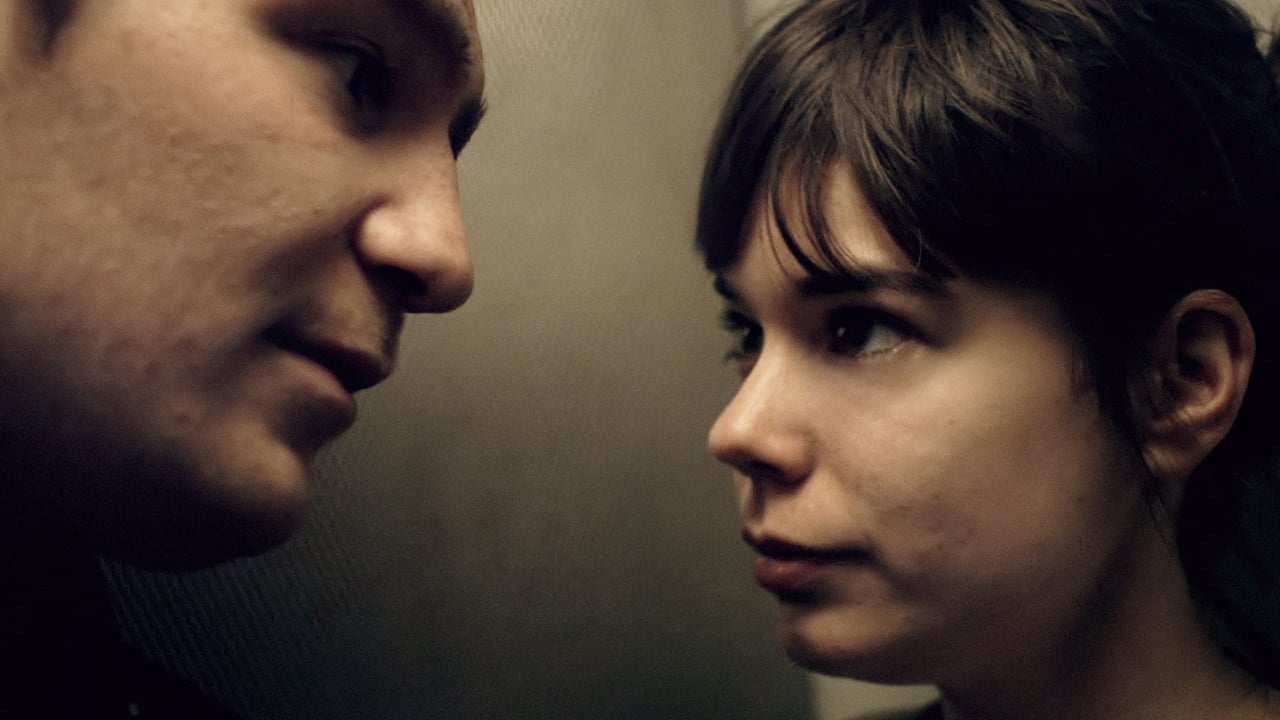
Senator film distribution
–
So-called one-take sequences often come across as a bit ostentatious in films: One can get the impression that filmmakers were more concerned with impressing the audience with the technical finesse of a scene shot without editing than with this one Staging would have been about a contribution to the effect or dramaturgy. The case is completely different with the Berlin drama “Victoria”, which director Sebastian Schipper and his team recorded in one go – the entire 2 hours and 14 minutes (and even several times).
›› “Victoria” on Amazon*
Of course, the technical and logistical quality of the “Victoria” shoot is extremely impressive: “Victoria” is set in different locations in Berlin and there is a lot of talk, although there is not a single cut that saved it: everything had to work on the first attempt at filming, and especially towards the end the pressure must have been enormous not to screw up a scene now. But the camera work by “Victoria” is fully at the service of the content and sound of this unique, intoxicating Berlin night.
Four friends go to a club and get to know the young Spaniard Victoria (Laia Costa). Above all, Sonne (Frederick Lau) goes out of his way to scrape up every little bit of his broken English in order to keep talking to Victoria. Everything is possible this night, he can feel it. The inexperienced Victoria, however, has no idea what she has gotten herself into – and is still ready for anything, just like the audience who succumb to the hypnotic pull of this masterpiece.
You don’t just look at “Victoria”, you get swept into it. The film inspires with the feeling that it can only be triggered by unexpected encounters in the middle of the night, a mixture of curiosity, anticipation and shots, until it tips in a direction that nobody foresees, who has not already read the full table of contents . “Victoria” is one of those German films that have also received recognition in the USA, the number 1 film country – and that is guaranteed not just because of the one-take production, as impressive as it is.
The best German films – 23rd place:
Toni Erdmann (2016)
Director: Maren Ade
Actor: Peter Simonischek, Sandra Hüller, Michael Wittenborn
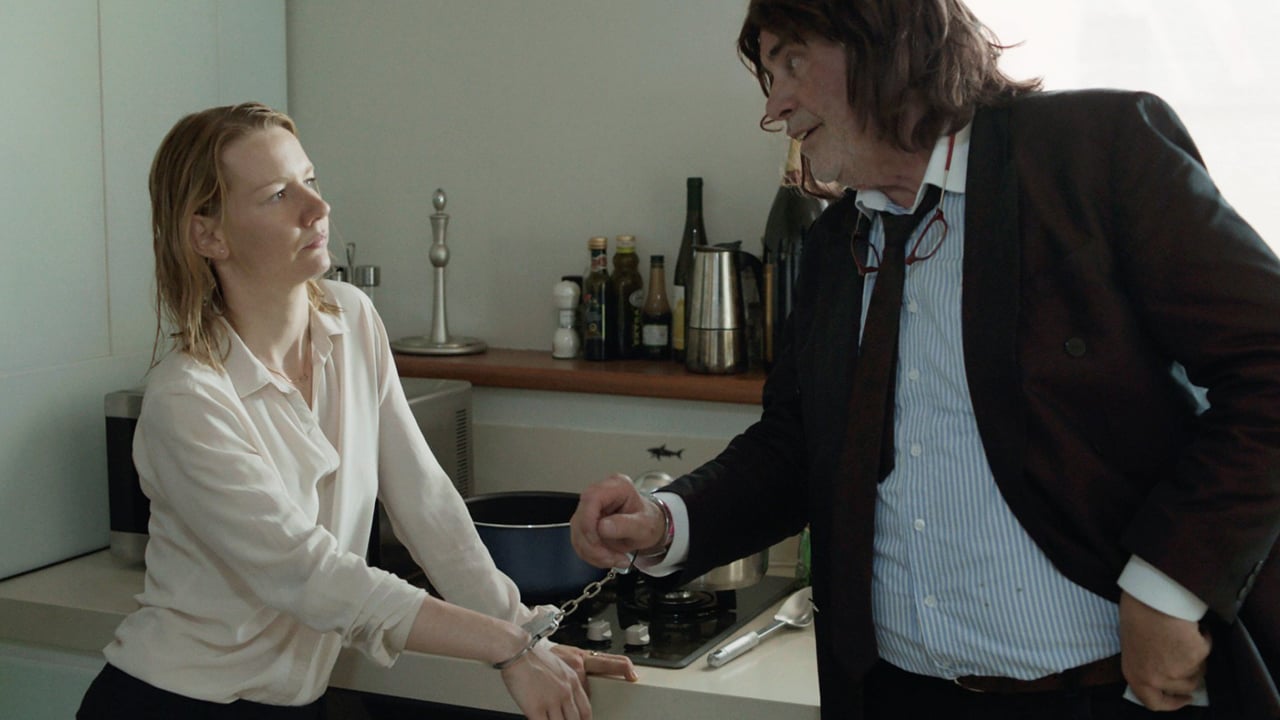
Accomplice film
–
Like “Victoria”, “Toni Erdmann” is one of the few German films of the 2010s that became known beyond the country’s borders. Director Maren Ade showed her drama at the world’s most prestigious film festival in Cannes, and it was also nominated for an Oscar. And like “Victoria”, “Toni Erdmann” is a very connectable film that appealed to and inspired both large parts of the film critics and the broad film audience.
›› “Victoria” on Amazon*
At first glance, “Toni Erdmann” looks like a frivolous comedy in which a father (Peter Simonischek) puts his adult daughter Ines (Sandra Hüller) in embarrassing situations when he dresses her up and surprises her at work with false teeth in his mouth. First and foremost, “Toni Erdmann” is a precisely observed character study of two people, with plenty of room for nuances, ambivalences and unspoken feelings.
Sandra Hüller and Peter Simonischek shine as an alienated father-daughter team and, incidentally, Maren Ade also negotiates the big issues of our time: It’s about unleashed capitalism and a world of work that is dominated by men. “Toni Erdmann” is 162 minutes long and sometimes really exhausting, but at the same time playful, wise and complex.
The best German films – 22nd place:
Absolute Giants (1999)
Director: Sebastian Schipper
Actor: Frank Giering, Florian Lukas, Antoine Monot Jr.
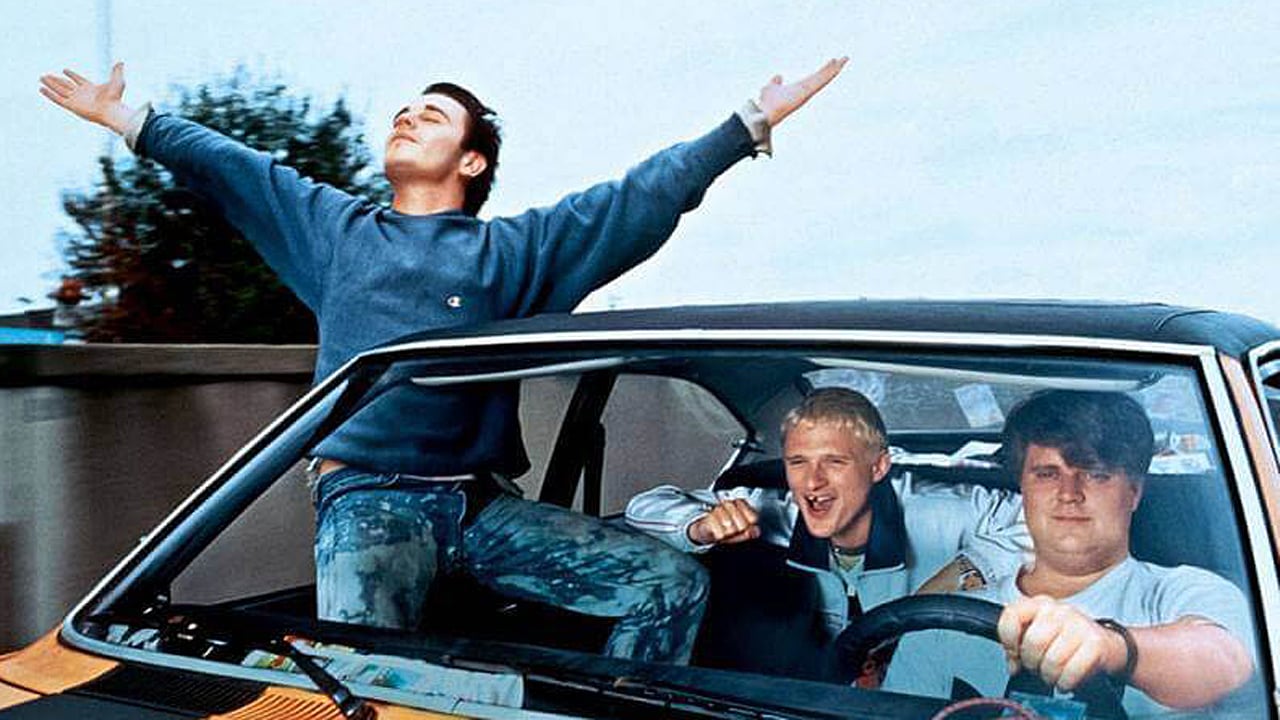
Senator film distribution
–
What if three best friends were only together for one night? Sebastian Schipper provides the answer in his directorial debut “Absolute Giganten”, co-produced by Tom Tykwer, in which the Hamburg buddies Floyd (Frank Giering), Ricco (Florian Lukas) and Walter (Antoine Monot Jr.) part forever. The three decide to make the most of the remaining hours until dawn and have a memorable night.
›› “Absolute Giants” on Amazon*
The friends take part in a stunt show, roam the scene clubs, engage in thrilling duels at the table football and a daring chase through the Hanseatic city. Schipper’s atmospheric metaphor about growing up, which can be seen as a reminiscence of George Stevens’ “Giants”, comes up with a fantastic soundtrack in addition to the dazzling trio of leading actors. A melancholy, funny-bizarre and, above all, almost magical-looking big-city ballad on the home straight, which is bursting with local Hamburg color and enjoys cult status not only in the table football scene. Absolutely gigantic!
The best German films – 21st place:
Red Sun (1970)
Director: Rudolf Thome
Actor: Hark Bohm, Peter Berling, Uschi Obermaier
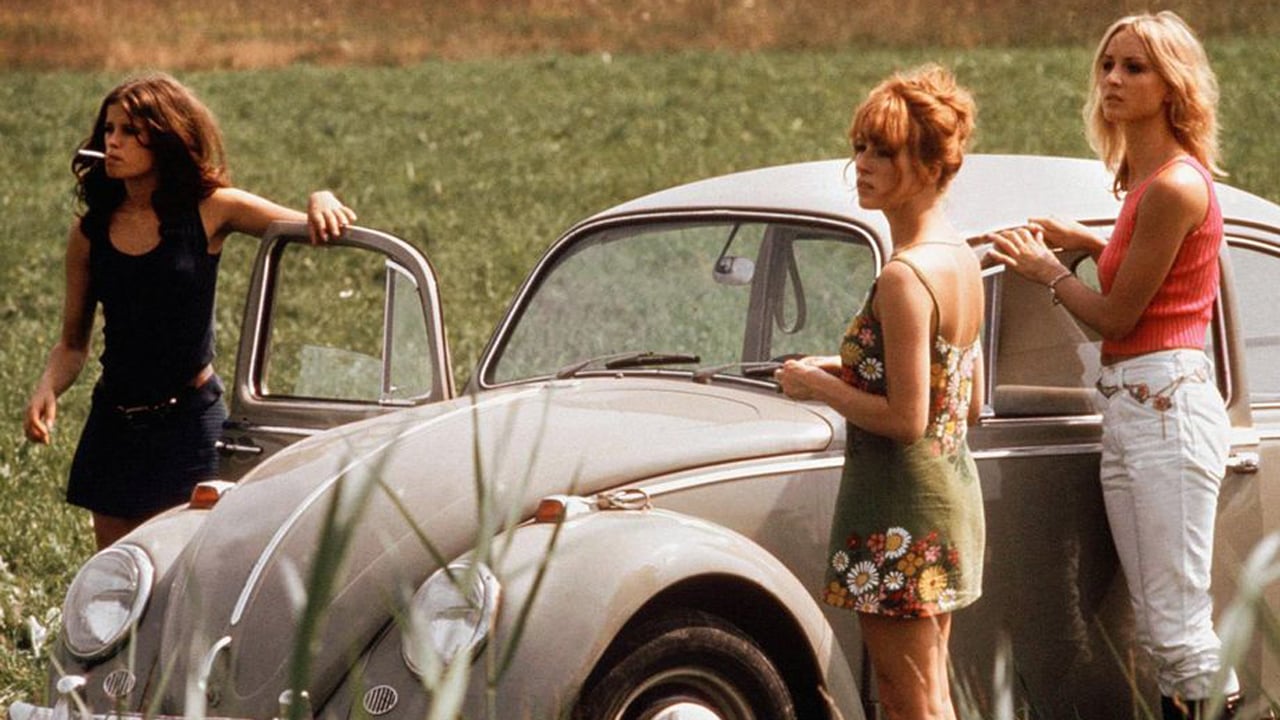
Two thousand and one
–
If there is a film that is representative of the sensitivities of the German generation of 1968, it is Rudolf Thome’s grotesque social utopia “Red Sun”, which made Germany’s model commune Uschi Obermaier a movie star. Thome shines with a crazy, colorful color dramaturgy of his pictures and extraordinary dialogues. First, the breakfast is eaten in great detail in excruciatingly long shots, then a murder is on the menu – here everyday meets excess.
›› “Rote Sonne” on Amazon*
In a Munich commune, the four women (Uschi Obermaier, Sylvia Kekulé, Gaby Go and Diana Körner) forge a diabolical plan: They want to kill their lovers – after a five-day grace period. When the agreed rule is broken, an open conflict ensues in the murder clique. Thome calls his extravagance a “feminist feature film”. Ultimately, the pop art masterpiece “Rote Sonne” conveys the attitude towards life of an entire generation better than any other German film of this era.
It continues on the next page with seats 20 to 16 …
The following worked on this special: Lars-Christian Daniels, Gregor Torinus, Carsten Baumgardt, Moritz Henze-Jurisch, Andreas Staben and Tobias Mayer
* The links to the Amazon offer are so-called affiliate links. If you buy through these links, we receive a commission.
–
